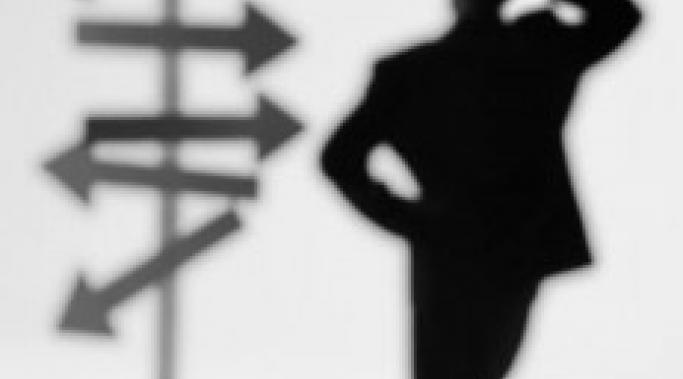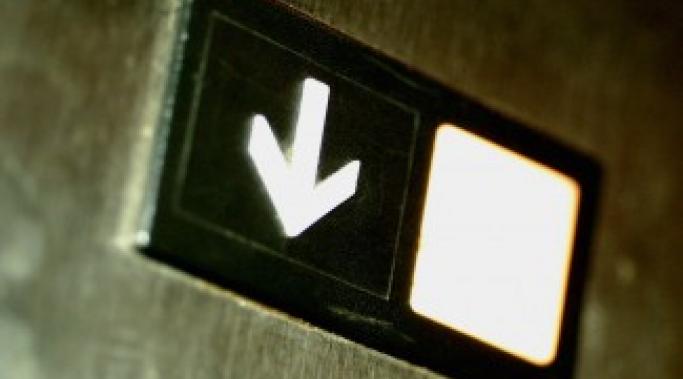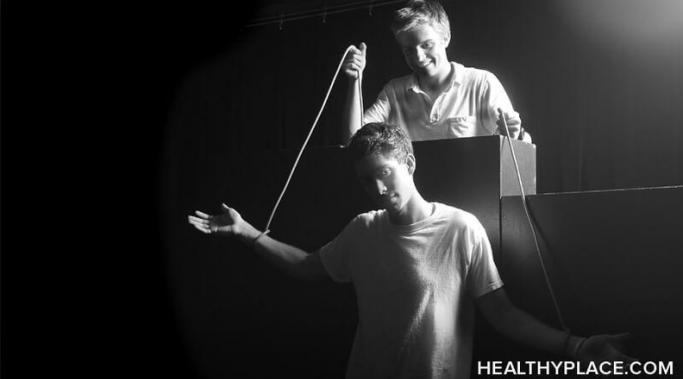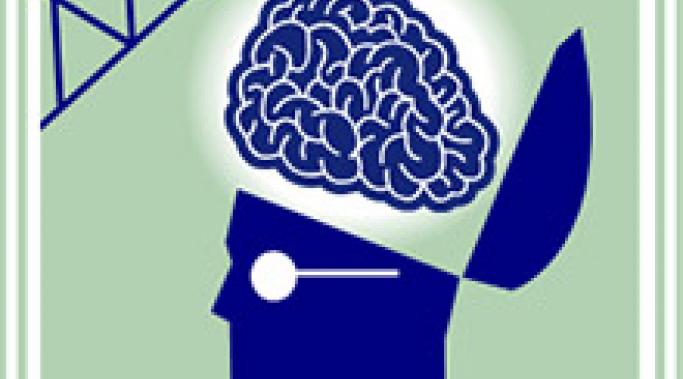I have this thing, and I don’t know if it’s the bipolar, specifically, but I get wired and tired at the same time and it sure feels bipolar-y to me.
Coping
Stress and bipolar disorder don’t mix. In fact, stress and illness, in general, don’t mix. It pretty much doesn’t matter why you’re sick, it’s well known that your illness can get worse when you’re put under stress (Mental Illness, Stress, ... and Relapse). What does this mean for bipolar? Well, when I’m stressed I have experienced greater symptoms of hypomania and/or greater symptoms of depression depending on the type of stress.
If there’s one thing that affects my bipolar moods above all else it is sleep. I consider getting the right amount of sleep to be critical in maintaining or achieving wellness. It’s also critical that this sleep happen at exactly the same time every night.
In short, being a control freak about sleep is a good thing.
A while back, I wrote a post on making unimportant decisions when you have bipolar disorder. I was talking about things like deciding on what socks to wear or what to eat for dinner because even those types of decisions can baffle people with bipolar and cause great anxiety. But what about when you have to make the big decisions? How can you make life choices when you have bipolar disorder?
Living with bipolar disorder has its ups and downs. Okay, I guess that goes without saying, but in this case, I’m not talking about hypo/manias and depressions, I’m just talking about good days and bad days. Everyone has them, although, for people with bipolar disorder they are more exaggerated.
Likely, if you’re in treatment, your down days are lessened, but I think for everyone they still occur. But what happens when you seem to just have downs?
I eat too much ice cream. I admit it. Häagen-Dazs and I have far too close a relationship. And the fact that this close relationship exists indicates that I’m losing a battle with my bipolar brain.
I’ve been writing about bipolar disorder for 11 years and I’ve been a professional in the field of mental illness for about four. In other words, I’ve been thinking about bipolar disorder, a lot, for a very long time.
And I’m not the only one. Whether you happen to write about bipolar or just suffer from it, bipolar can easily inhabit your life 24/7. There’s the bipolar routine, medications, sleep cycle worries and many, many other things that, when dealing with bipolar, creep into your daily life.
But sometimes it’s really important to forget about bipolar disorder for a while.
I have commented in my writings that, sometimes, I use dissociation as a coping technique. Now, I’m not saying this is the best thing to do nor am I suggesting that it’s professional-recommended, I’m just saying it’s what I do to get through the day at times.
So, people have asked me, what is dissociation? Does dissociation help or hurt someone with bipolar disorder?
So I’ve just returned from 10 days in Parma, Italy (see about bipolar vacation planning, here). It was a week-and-a-half of parmigiano reggiano, prosciutto di Parma, gelato and other things that only Italians really know how to make.
People often joke that they “need some time off to recover from that vacation.”
Yes, hilarious.
I’m not exactly sure what they mean by this but what I can say is that as a person with bipolar, I absolutely do need time to recuperate from a vacation.
Are you heading off for a vacay this summer? I am. Actually, I’m on mine right now. I’m writing this to you from Parma, Italy while eating some of the world’s best gelato.
And while sun and gelato and gnocchi and whatnot are worth crossing continents for, there are some things to keep in mind whether you plan on vacationing in Italy, the Tropics or two towns over. Bipolar should play a part in your vacation planning.









